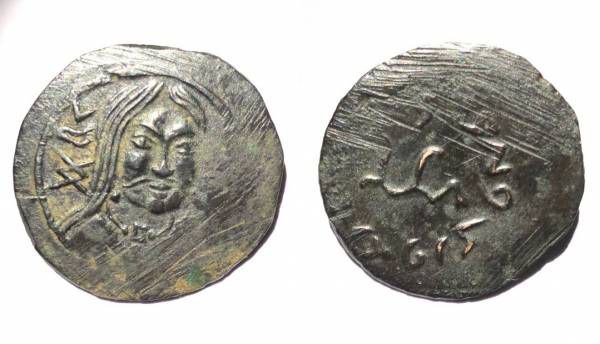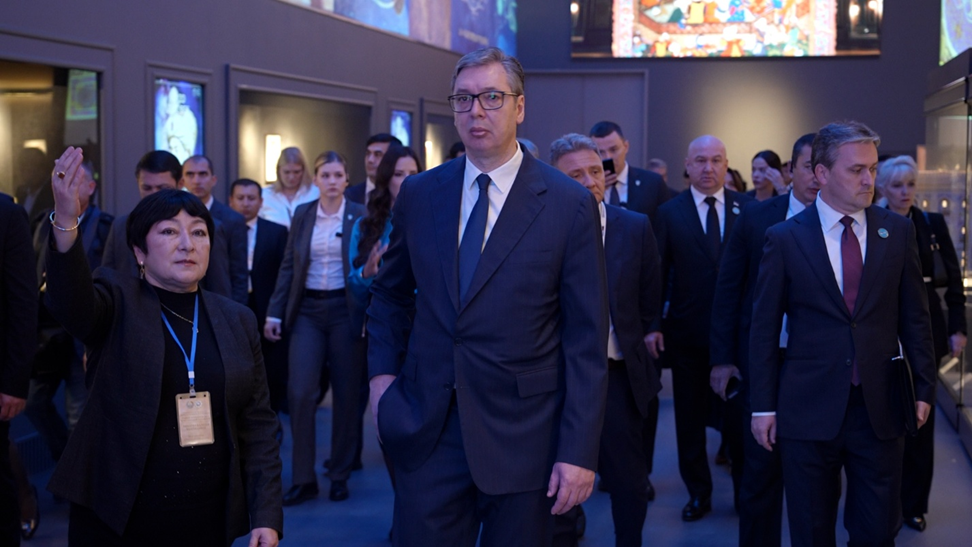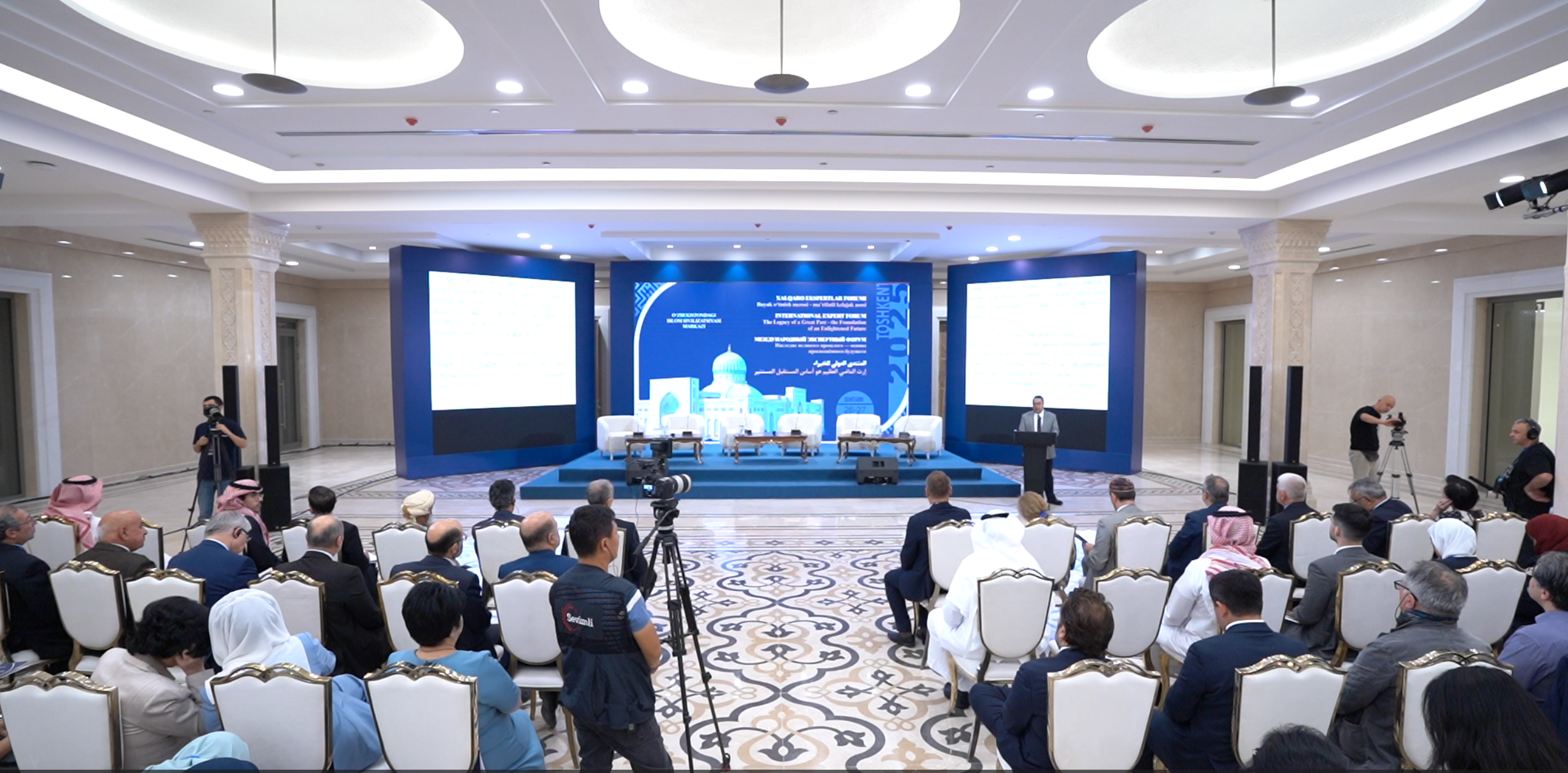A bronze coin dating back to the 6th century was discovered near Tashkent

During archaeological excavations near Tashkent, a rare bronze coin dating back to the 6th century was discovered. The coin bears an inscription in Sogdian script reading “Twrk xʼγʼn” – meaning “Turk Khagan” – which is believed to be the earliest known use of the word "Turk" in recorded history.
According to Professor Ghaybulla Boboyorov of the National Archaeology Center of the Academy of Sciences of Uzbekistan, this find pushes back the known usage of the ethnonym "Turk" by approximately 150 years. Previously, the earliest known appearance of the term was in the Orkhon-Enisei inscriptions of the 8th century. In contrast, the newly found coin dates to around 580–610 CE.
Professor Boboyorov emphasized:
– The discovery of the phrase “Turk Khagan” on coins from Chach and Fergana has significantly reshaped our understanding of the early history of Turkic peoples. Until now, the term “Turk” was preserved only in the early 8th-century inscriptions of Tonyukuk, Kül Tegin, and Bilge Khagan. These coins, however, were minted roughly 150 years earlier.
He also noted:
– We currently possess well-preserved coins belonging to the Western Turkic Khaganate. It is our intention to transfer them to the Center of Islamic Civilization, so that these coins can be presented not only to our fellow citizens but also to our brotherly nations and all those interested in our shared history.
Most read

Over 100 experts from more than 20 countries of the world are in Tashkent!

President of Serbia Aleksandar Vučić visited the Islamic Civilization Center in Uzbekistan

The Center for Islamic Civilization – a global platform leading towards enlightenment











